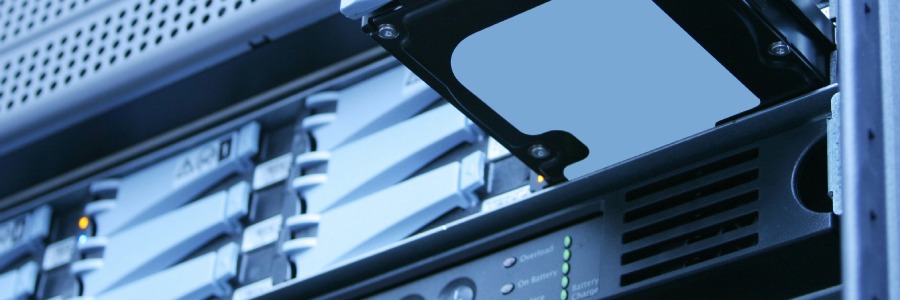When it comes to replacing your company’s servers, you should review aspects of your existing server infrastructure and consider the implications of the upgrade. Answering questions related to reliability, performance, security, and scalability will allow you to make the right decisions and ensure the upgrade aligns with your company’s long-term goals.
Questions to consider before replacing your servers
How can Microsoft Exchange Online benefit your business?

For the longest time, businesses have been installing email servers on site to have more control over their data. But the drawback of this setup is that it's more expensive and you need to have a dedicated IT team to manage everything. Microsoft Exchange Online is a cloud-based email service that offers the same features and benefits of an on-premises Exchange server, without the hassle and expense.
Why you should consider going for hosted Exchange services

Microsoft Exchange is proving to be a reliable and cost-effective email server service, but for many small businesses, the hardware costs that come with it are daunting. But fear not, as there's a good way to still enjoy the benefits of Exchange without heavy server investments -- and that's hosted Exchange services.
Factors to consider before buying new servers

New hardware doesn’t come cheap, which is why many businesses hold on to their old servers long after these machines have stopped being efficient or secure. In this blog, we explain why it’s vital to replace your servers regularly and look at alternatives that offer the same outcomes while helping you save money.
How can hosted Microsoft Exchange help businesses?
The benefits of hyperconverged infrastructure

Hyperconvergence isn’t something only large enterprises can benefit from — businesses of all sizes should consider this infrastructure strategy. Read on to learn more about what hyperconvergence can do for your company.
What are hyperconverged infrastructures?
In a traditional IT environment, networking, server, and storage hardware need to be purchased separately and configured to work together as a cohesive system.
Should you consider virtualization?

Knowing which technology to use and when to use it is key to boosting productivity and reducing costs. One of the best ways to do this is to virtualize your hardware and software. Let's discuss what that means in practice to help you decide.
What is virtualization?
Virtualization is the creation of a virtual version of a device or resource, anything from a server to an operating system.
Advantages and costs of virtualization

Many businesses find virtualization to be a cost-effective alternative to purchasing new hardware. Previously, it was necessary to allocate a new server for new applications. Now, virtual servers can run multiple operating systems and applications, eliminating hardware costs and optimizing software deployment and data backup.
Ask these 3 questions about your servers

While you’re still alive and kicking, your heart should never skip a beat. It’s the same with your servers. They’re always working, ensuring your business stays operational even if you don’t pay attention to them. However, business owners tend to overlook their servers as most times it is a simple case of being out of sight, out of mind.


